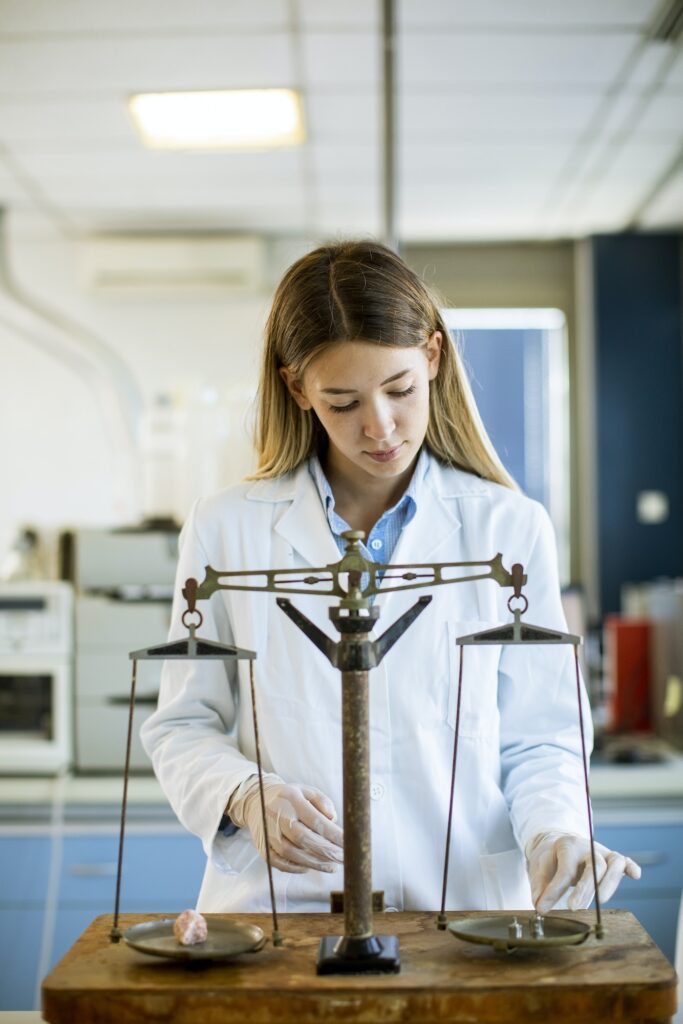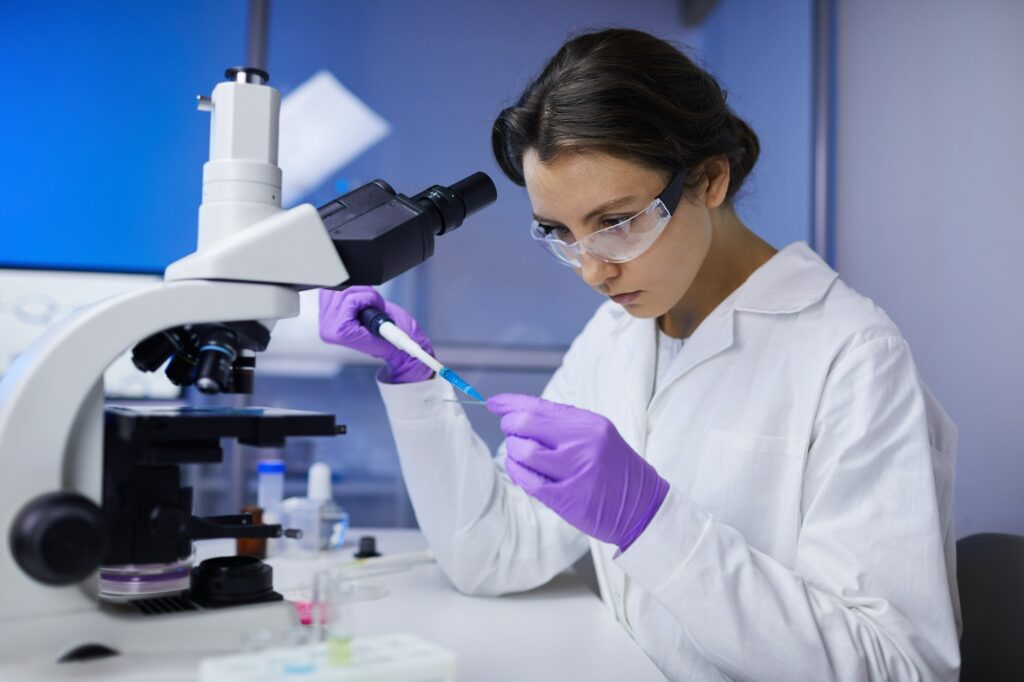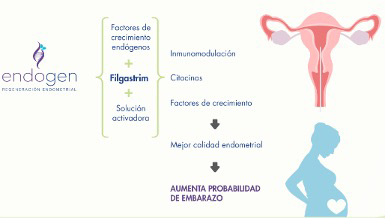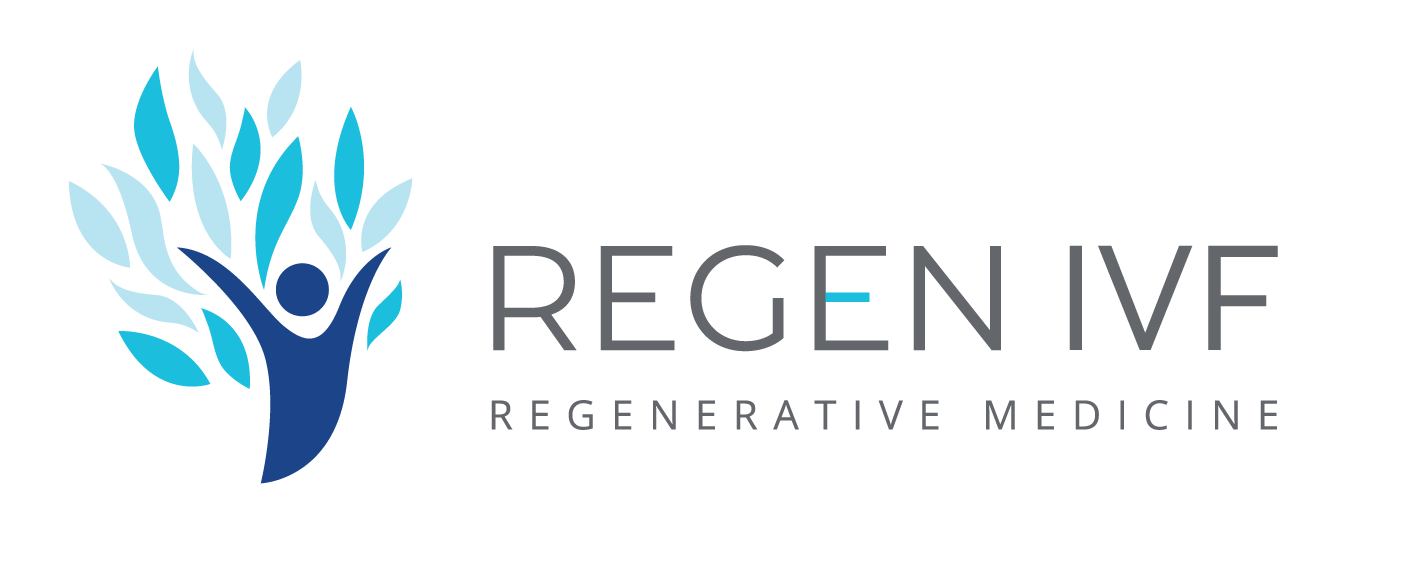

Endogen:
Uterine Rejuvenation
Increase your chances of having your baby by improving your endometrial quality and promoting embryo implantation.
Endogen: Endometrial Quality Improvement with Endogenous Growth Factors
Endogenous growth factors are a concentrated mix of proteins and nutrients isolated from platelet-rich plasma that facilitate tissue repair and regeneration, as they can stimulate the development of new healthy cells, as well as the formation of new vessels and capillaries.
This allows the endometrium to better respond to hormonal signals, preparing it for embryo implantation.
Two to three applications of nutrients, proteins, and growth factors are necessary to improve the quality of the endometrium, which increases the chances of implantation and having your baby.
Understanding the Endometrium and Its Role in Pregnancy
Some endometrial anomalies that can affect fertility are:
- Asherman’s Syndrome: A condition characterized by the formation of scar tissue in the uterine cavity, which can lead to infertility and menstrual irregularities. It’s often caused by surgery or trauma to the uterus.
- Refractory Endometrium: This refers to an endometrium (the lining of the uterus) that does not respond adequately to hormonal stimulation, making it difficult for an embryo to implant.
- Thin Endometrium: Describes a condition where the lining of the uterus is thinner than optimal for embryo implantation. A thin endometrium can make it harder to conceive or maintain a pregnancy.
- Uterine Lesions: General term that can include polyps, fibroids, or other abnormal growths in the uterus. Depending on their size, location, and nature, they can affect fertility and pregnancy outcomes.
- Implantation Failure: Occurs when an embryo does not successfully attach to the lining of the uterus. This can be due to a variety of factors, including issues with the embryo or the endometrial lining.

Let’s talk about Endometrium Quality
The quality and thickness of the endometrium are crucial factors for the success of implantation and pregnancy. Endometrial quality refers to the endometrium’s ability to support the implantation and development of the embryo.
Several factors can influence the quality of the endometrium, including:
A woman's age
Imbalances in hormones
Endometrial inflammation
Anatomical irregularities in the uterus
What is Endogen?
Endogen is a safe and effective endometrial regeneration treatment, that increases your chances of having a baby.
It works by preparing your endometrium, creating the ideal environment for your embryo, and facilitating its implantation during an In Vitro Fertilization process.
There are various endometrial regeneration protocols, tailored according to the specific issue or severity level in each patient.
Consulting with a specialist is crucial to determine the most suitable protocol for you.

How Does Endogen Work?

Who can benefit from Endogen?
Patients suffering from Asherman’s Syndrome, or those with atrophic/refractory endometrium. To discover the best available option for you, it’s crucial to get an accurate diagnosis.

Post-Endogen
pregnancy rate
Spontaneous pregnancy
Endometrial regeneration using stem cells is a promising therapeutic approach for treating endometrial disorders. It leverages the capability of such cells to regenerate and repair damaged endometrial tissue, showing it can improve endometrial quality and increase pregnancy rates in women with endometrial issues.
Ten million stem cells are administered to enhance endometrial quality and increase the chances of pregnancy in patients with implantation failure, recurrent loss secondary to Asherman’s Syndrome, or surgical corrections that affect uterine quality.
Patients suffering from Asherman’s Syndrome, or atrophic/refractory endometrium. To find out the best option available for you, it’s crucial to get an accurate diagnosis.
Our research team is committed to innovation and education in reproductive sciences, developing cutting-edge technology and new methods to increase success rates for having a baby as quickly as possible; such as Endogen, in partnership with leading researchers from Cinvestav-IPN.
Increase Your Chances of Pregnancy with Endogen
Get in touch with us to explore all the options available to make your dream of holding your baby in your arms come true.
